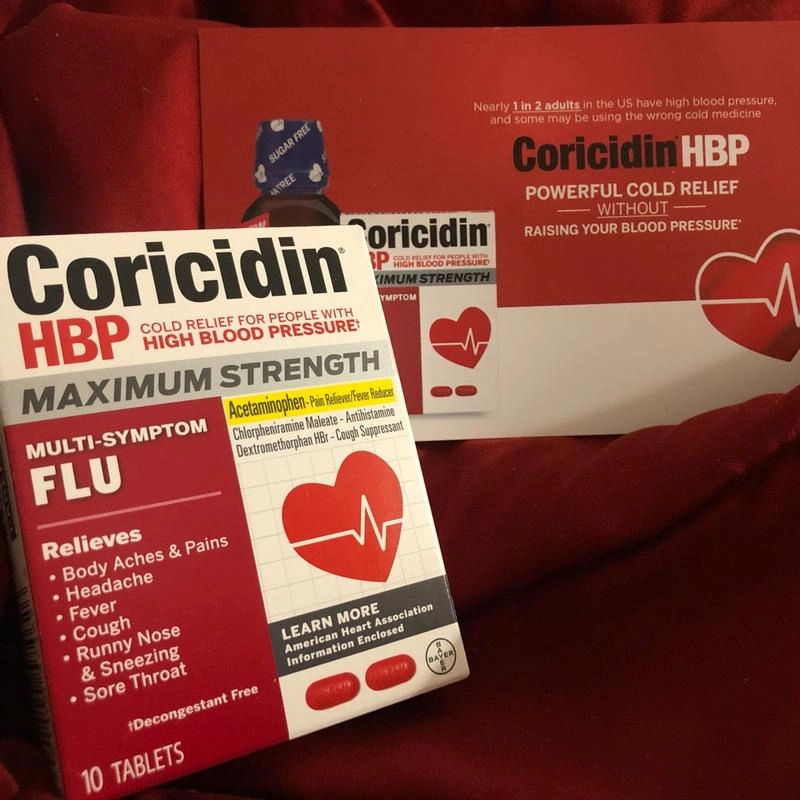Low Blood Pressure After Operation: Low blood pressure, also known as hypotension, can occur after surgery as the body recovers from the stress of the operation. Let’s dive in!

Understanding the basics of blood pressure is important in recognizing and managing this post-surgical condition.
Understanding Blood Pressure Fundamentals
Blood pressure is one essential component of our circulatory system that is vital to preserving our general health. It describes the force that the blood applies to the artery walls as it passes through them. The movement of nutrients and oxygen to different areas of our bodies depends on this force.
Systolic and diastolic blood pressure are the two figures used to measure blood pressure. The pressure in the arteries when the heart contracts and pumps blood is known as systolic pressure, and it is indicated by the top number.
Conversely, the bottom number, or diastolic pressure, indicates the pressure within the arteries during the period between heartbeats.
What is Blood Pressure?
Blood pressure is a dynamic measurement that varies throughout the day rather than a constant figure. Numerous things, including physical activity, emotional condition, and even the time of day, might affect it. Since blood pressure is a measure of our cardiovascular health, it is essential to understand it.
Excessive blood pressure strains the heart, arteries, and other organs, raising the risk of major illnesses such as renal issues, heart disease, and stroke. On the other hand, low blood pressure can cause symptoms like lightheadedness and fainting by preventing enough blood from reaching essential organs.
What is the Normal Blood Pressure Range?
Still on Low Blood Pressure After Operation, although the standard range for normal blood pressure is 120/80 mmHg, it’s vital to remember that small changes may happen based on a number of variables, including age, health, and degree of exercise. Regular blood pressure monitoring is essential to ensuring that it stays within a healthy range.
A blood pressure level of less than 90/60 mmHg is usually regarded as low and might result in symptoms including weariness, lightheadedness, and trouble focusing.
It’s critical to speak with a healthcare provider if your blood pressure is frequently low in order to identify the underlying problem and the best course of action.
Why Blood Pressure Drops Post-Surgery?
One of the main causes of low blood pressure after surgery is anesthesia. It lowers blood flow resistance by relaxing and widening the blood vessels. Blood pressure may decrease as a result of this both during and right after the procedure.
To keep the patient unconscious and pain-free during surgery, an anesthesiologist carefully administers anesthetic. The kind of surgery, the patient’s medical background, and their particular requirements all influence the kind and dose of anesthesia that is utilized.
The autonomic nervous system, which regulates involuntary physiological processes including blood pressure and heart rate, is impacted when anesthesia is given.
Impact of Surgical Stress on the Body
The body is under a lot of stress during surgeries, which sets off a series of physiological reactions. Blood vessels may be impacted by the release of stress hormones and other variables, which can lower blood pressure.
The body goes through a stressful situation when it has surgery. The shock and disturbance brought on by the surgical procedure naturally trigger this stress response. Stress hormones like cortisol and adrenaline are released by the body to get it ready for the difficulties that lie ahead.
Blood vessel constriction is one of the many physiological impacts of these stress hormones. Blood pressure might rise as a result of constricted blood vessels.
Symptoms of Low Blood Pressure After Surgery?
Physical Symptoms
Following surgery, low blood pressure can result in symptoms like weakness, weariness, blurred vision, lightheadedness, and dizziness. These outward signs can be concerning and have an effect on the patient’s general health.
Following surgery, patients who have low blood pressure may experience a rapid wave of vertigo that makes it difficult for them to stay balanced. A sensation of lightheadedness, as though the patient is floating or disengaged from their environment, may accompany this dizziness.
Cognitive Symptoms
Following surgery, low blood pressure might occasionally also impair cognitive function. Patients may become disoriented, have trouble focusing, or even faint. It is critical to keep an eye on these cognitive signs and notify the medical staff of any changes.
Following surgery, patients who have low blood pressure may also experience abnormalities in their cognitive function. They might experience confusion or disorientation, finding it difficult to understand discussions or recall basic things. Their mind may become cloudy and unfocused, making it difficult to concentrate on duties.
Severe hypotension following surgery may cause episodes of fainting. The patient’s safety could be at stake if they abruptly loses consciousness. Any fainting episodes must be reported right away to the medical staff.
Potential Complications of Low Blood Pressure Post-Surgery?

Following surgery, a prolonged period of low blood pressure can put stress on the heart because it must work harder to circulate blood throughout the body. The patient’s health may be significantly impacted by this increased strain on the heart.
The heart is more vulnerable to problems like heart attacks or arrhythmias as it continues to work harder. When a portion of the heart muscle’s blood supply is cut off, it can cause tissue damage or even death. This is known as a heart attack.
In order to reduce these hazards, careful observation and timely medical intervention are essential. Healthcare providers must keep a careful eye on the patient’s blood pressure readings and take quick action if they drop below the permitted range.
Dangers of Prolonged Low Blood Pressure?
Long-term low blood pressure can seriously impair organ function. An extended duration of blood pressure below normal can result in insufficient blood flow to critical organs, such as the kidneys and brain.
Particularly susceptible to variations in blood pressure is the brain. Dizziness, disorientation, and even unconsciousness can be caused by inadequate blood supply to the brain. More serious side effects, such as seizures or strokes, may result if treatment is not received.
To guarantee safety, medical professionals must keep a careful eye on a patient’s blood pressure after surgery. If blood pressure falls too low, prompt action is required to enhance the patient’s overall prognosis and prevent organ damage.
Monitoring Blood Pressure After Surgery
Healthcare providers use non-invasive methods, including a cuff around the upper arm, to closely monitor the patient’s blood pressure during their hospital stay. Serial readings make it possible to identify any notable changes early on, allowing for prompt management and intervention.
Patients with prolonged symptoms or those at higher risk may be advised to self-monitor their blood pressure at home after being discharged. The medical staff can use the useful information from portable blood pressure monitors to modify prescriptions and treatment regimens.
Takeaway
Finally, on Low Blood Pressure After Operation, Anesthesia and the body’s reaction to surgical stress can cause low blood pressure following surgery. For the best patient care and a full recovery, it is crucial to identify the symptoms, comprehend potential consequences, and keep an eye on blood pressure after surgery.
Healthcare providers and individuals can control and lessen the effects of low blood pressure following surgery by being proactive and knowledgeable.






